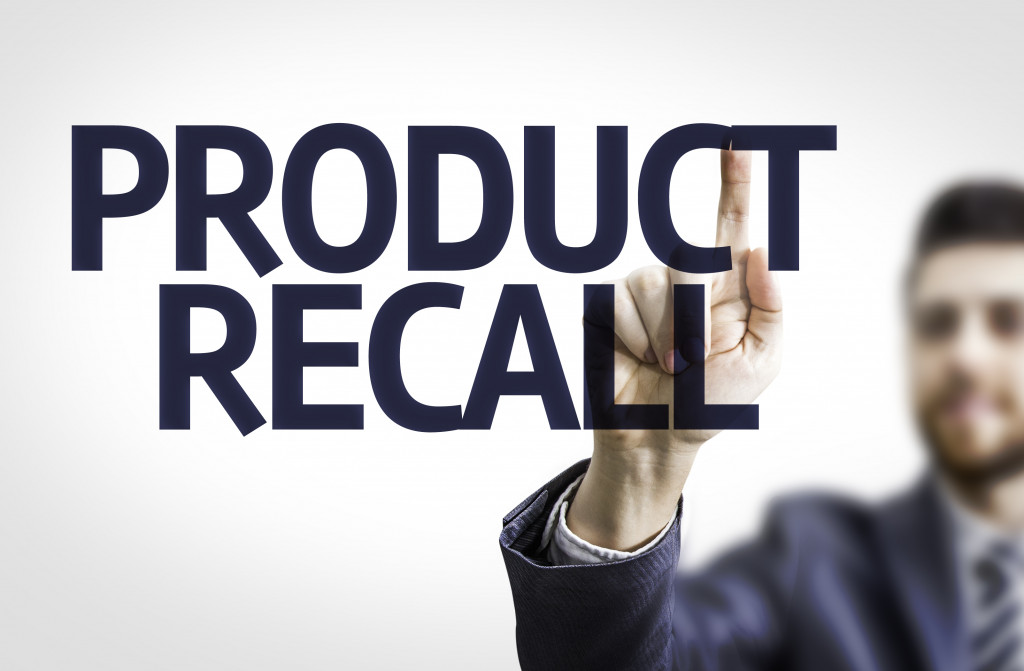Product recalls can be devastating for businesses in many ways, from financial losses to reputational damage. A product recall occurs when the manufacturer or seller discovers a potential safety hazard with a product and chooses to remove it from circulation. The cost of resolving recalls can impact profits significantly and cause long-term damage to the business’s finances.
Furthermore, there is a potential for public relations suffering as the negative press can put customers off from purchasing from the company in the future – even towards products unaffected by the recall. To keep consumers safe and trust high, businesses must have a procedure to deal swiftly and efficiently with any product recalls they may face. Here are essential tips that can help you manage the situation effectively:
Identify the problem immediately
The first step in managing a product recall is quickly identifying the problem. This means assessing its scope, understanding what caused it, and determining how to fix it. If there is an issue with your product, address it right away, and don’t wait until it becomes too big of an issue. You may need to enlist the help of experts or consultants to help find out what went wrong so you can prevent future recalls from happening.
Communicate clearly
Once you have identified the problem, make sure to communicate clearly with customers and other stakeholders about the recall process and any steps they need to take in order to ensure their safety or get a refund or replacement item. Make sure your communication is timely and accurate, as this will help build trust with customers and other stakeholders who rely on your products or services.
Keep track of all information
Document everything throughout the process of managing a recall—from customer feedback to conversations with suppliers, manufacturers, and distributors—to avoid any legal issues down the road. This will also help you identify any areas where processes could be improved for future recalls, as well as provide valuable insight if similar issues arise in the future.
Keeping track of all information related to the recall is also essential for insurance reasons. If any legal claims are made against your business, having all this information on record can help you prove that you’ve taken proper steps to address the issue.
Take action quickly
Once you have identified the problem, taken steps towards rectifying it, communicated clearly with customers, and kept track of all necessary information, make sure that action is taken quickly to minimize disruption or damage to your company’s reputation or brand image due to negative press or customer complaints related to the recall process itself.
Don’t wait too long before taking action, as this could lead to further issues that could have been avoided by acting swiftly in addressing customer concerns or resolving issues within your own operations team or supply chain management strategy once they were identified initially.
Monitor your reputation and brand image
After taking action quickly in response to a product recall, make sure that you monitor your reputation and brand image closely over time to determine how effective your response was in mitigating any negative press coverage or customer complaints related directly back to how you handled things during this difficult time for your company overall – both internally amongst teams and employees but also externally amongst customers and stakeholders alike.
Doing so regularly over time (i.e., at least once per quarter) will allow for proactive course corrections when needed while also providing insights into potential areas of improvement that may be necessary going forward – helping ensure a successful recovery after dealing with such an eventful period.
Get product recall insurance

Finally, an excellent way to protect your business from any potential financial losses associated with a product recall is to obtain a product recall insurance policy. This type of coverage helps cover costs related to notifying customers about recalls, replacing recalled products, and resolving legal issues that may come up due to a product recall.
Not all businesses need this kind of insurance, but if you are a company that produces or distributes products with potential safety hazards, it may be worth considering the option. This is especially true for businesses that need to take extra precautions due to their particular industry or the nature of their product.
No one wants their business facing a product recall, but unfortunately, sometimes it happens despite your best efforts at prevention! By following these tips – identifying the problem immediately, communicating clearly, keeping track of all information, taking action quickly, monitoring your reputation and brand image, and getting product recall insurance – you can better manage your way through such difficult situations when they do occur – ensuring our businesses not only survives but also thrives even stronger than before.







